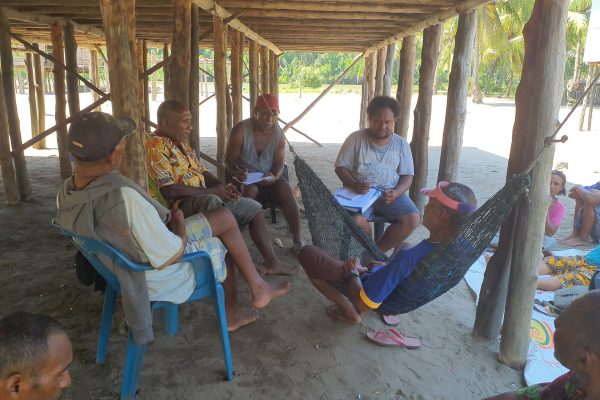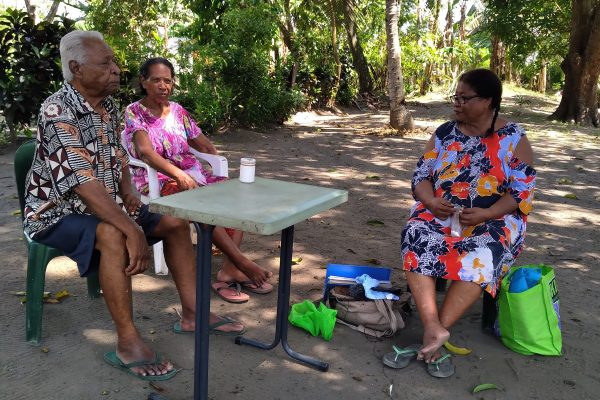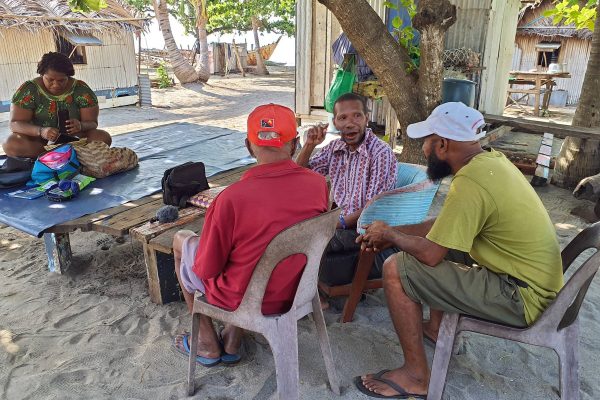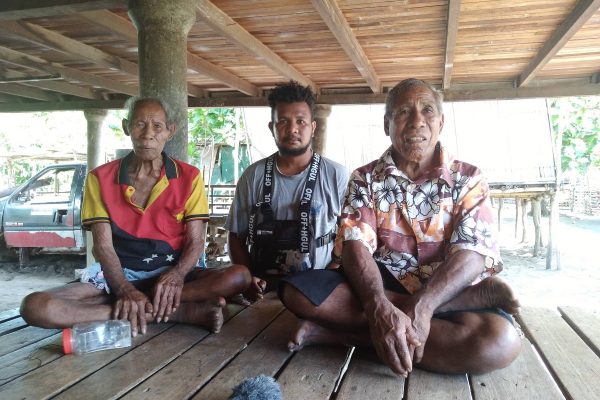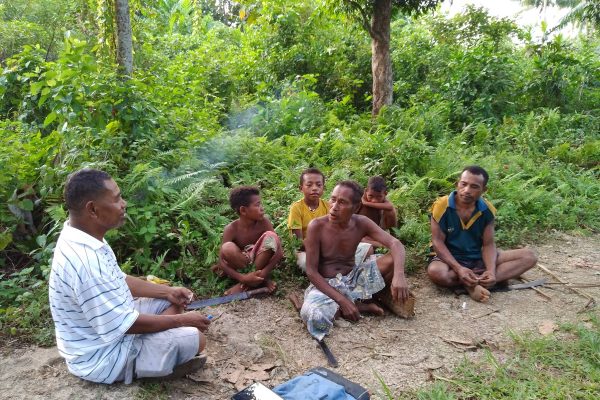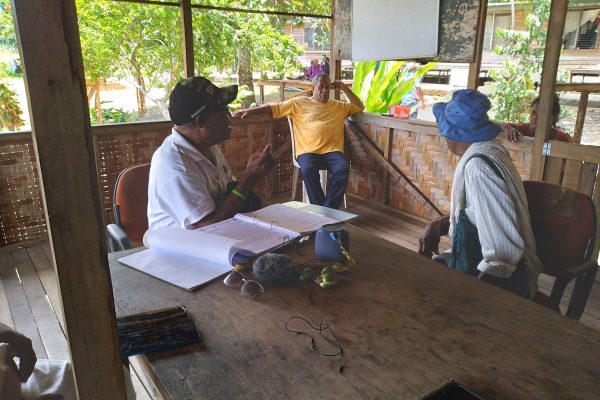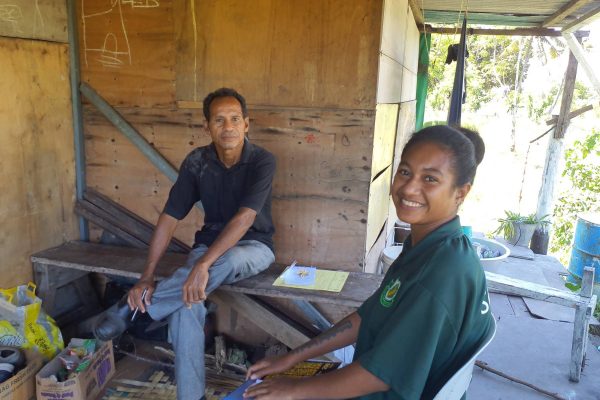Institute for Papua New Guinea Studies (IPNGS)
The Institute of Papua New Guinea Studies (IPNGS) is a national cultural research institute under the National Cultural Commission of the Ministry for Tourism, Arts, and Culture. It is located in Boroko, as suburb of the nation’s capital. IPNGS was established in 1974, one year before independence, and has divisions focused on dance, ethnology, music, and publications. Our focus has always been to document, safeguard, and promote the traditional and developing cultures of Papua New Guinea.
In particular and of relevance to the True Echoes project, IPNGS has an extensive Music Archive, containing the largest collection of recordings and printed materials on Papua New Guinea music in the world. The archive contains recordings made by IPNGS staff, in addition to those made by other researchers and commercial recordings, as well as extensive historical materials, including those from the True Echoes project. Archival materials concern traditional genres, as well as popular and Christian music. There is also an extensive publications programme, so that such materials are made more widely available. Many of these publications are used widely in schools to educate students on the tremendous diversity of cultural expressions in the county.
For the True Echoes project, speakers of the languages where the recordings were made were selected, as it was felt elders would be most comfortable speaking to researchers in their own language. This also emphasized the importance of language in the research, and enabled the researchers to explore changing aspects of their culture.
The three IPNGS staff most involved in the True Echoes project have been:
Don Niles, Director (dniles.ipngs@gmail.com)
Gedisa Jacob, Senior Research Officer, Music Division (gjacob.ipngs@gmail.com)
Balthazar Moriguba, Audiovisual Technician, Music Division (bmoriguba.ipngs@gmail.com)
Papua New Guinea
The population of Papua New Guinea is approaching nine million people. It is estimated that there are c. 840 living languages in the country: the greatest number of languages of any nation. Some of these languages are actively used, others are becoming less important, while still others are in danger of being lost. English is the language of education; Tok Pisin is, however, the most widely spoken language.
As with most traditional cultural forms, attitudes towards traditional music vary greatly throughout the country; it is almost always transmitted orally. Everywhere it is seen as an important part of identity, but popular forms and church music have also long been parts of Papua New Guinea’s musical environment as well. Some old forms are abandoned or neglected, while new ones are adopted.
Recordings and Researchers
The following cylinder collections were researched by researchers affiliated with IPNGS:
- Alfred Cort Haddon 1898 Expedition (Torres Strait and British New Guinea) Cylinder Collection (C80 British New Guinea)
- Daniels Ethnographical Expedition to British New Guinea 1904 Cylinder Collection (C62)
- Bronislaw Malinowski 1915-1918 Trobriand Islands, Territory of Papua Cylinder Collection (C46)
Wherever possible, researchers were encouraged to make new recordings of the old songs in the True Echoes project, if such songs are still performed. Additionally, recordings were also made of new genres that perhaps are now more commonly performed than those of over a century ago. Preferences change, and the project meant to reflect such developments.





